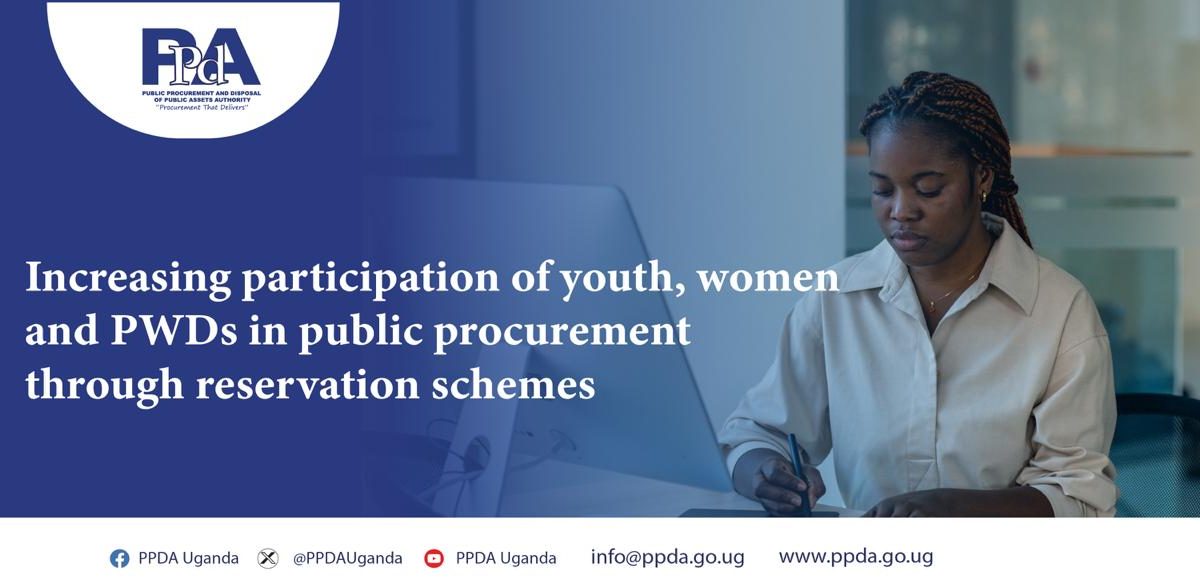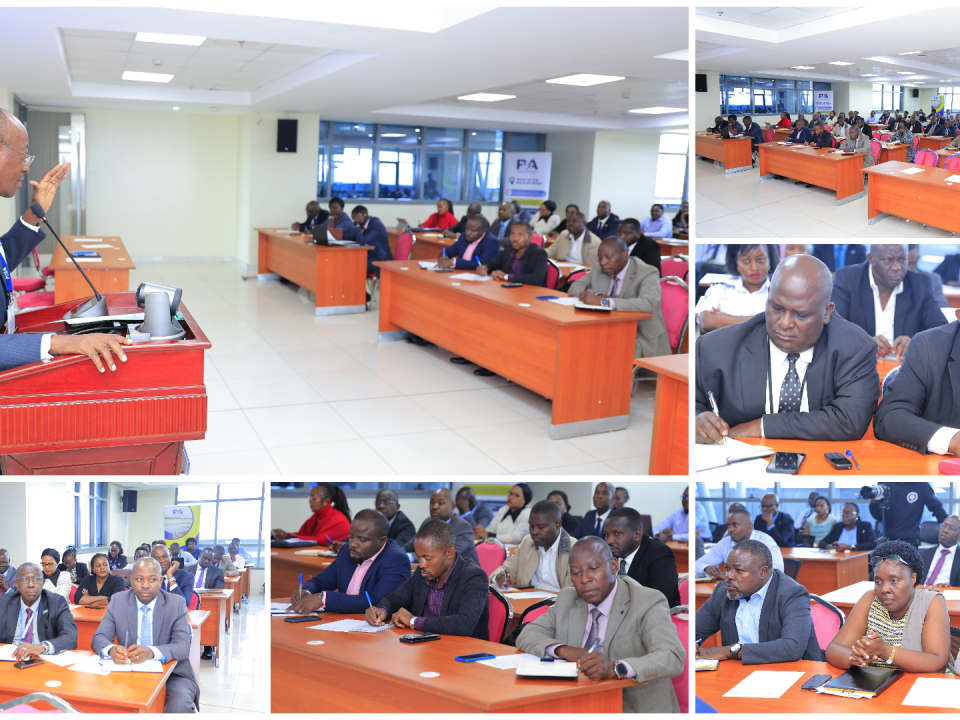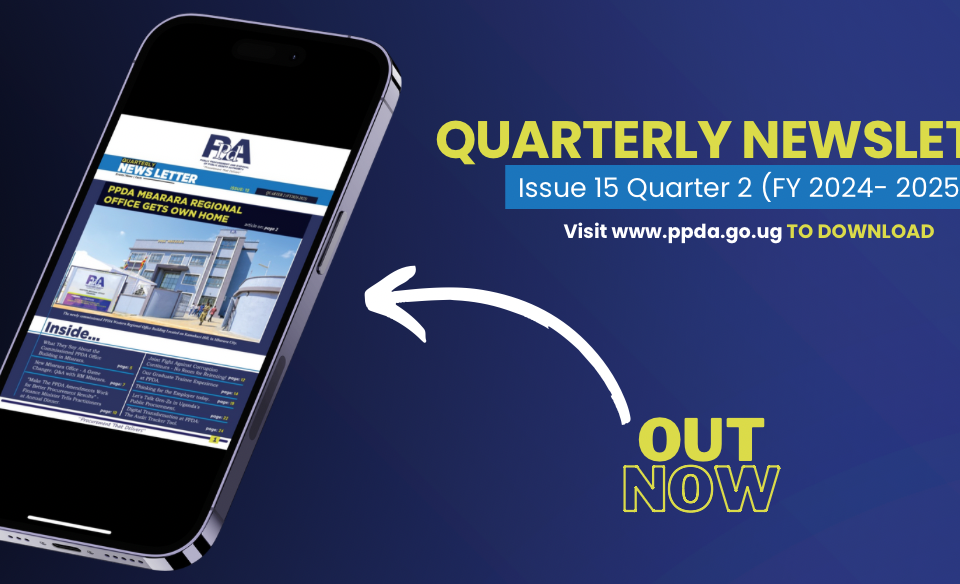INCREASING PARTICIPATION OF YOUTH, WOMEN AND PWDS IN PUBLIC PROCUREMENT THROUGH RESERVATION SCHEMES.

UGANDA’S BOLD STEP TOWARDS INCLUSIVE PUBLIC PROCUREMENT: EMPOWERING LOCAL PROVIDERS AND MARGINALIZED GROUPS.
March 25, 2024
WHAT THE 2023 PPDA REGULATIONS SIGNIFY FOR BUSINESSES AND FOR THE COUNTRY
June 13, 2024Increasing participation of youth, women and PWDs in public procurement through reservation schemes
By Cris Magoba and Ronald Tumuhairwe
Procurement of goods, services and works by government is a key policy tool that governments world over use to advance social-economic goals as a global development agenda. In the Ugandan context, more than 60% of the national budget is expended through public procurement processes. In spite of this expenditure, studies have shown that only a small section of citizens do participate in the processes, leaving out a substantial segment of the population, notably the youth, women and Persons with Disabilities (PWDs).
It is against this background that the Public Procurement and Disposal of Public Assets Authority (PPDA) continues to invoke provisions of the law to remedy this situation. In pursuance of its vision as a dynamic facilitator of the public procurement and asset disposal system for sustainable national development, the PPDA has thus issued guidelines to create avenues for the participation of the hitherto marginalised groups in public procurement.
The issuance of the guidelines that became effective March 22, 2024 is anchored on Section 97 of the PPDA Act which provides that for the better carrying out of the objectives of, and functions of public procurement, the Authority shall issue and Gazette guidelines. These guidelines on reservations schemes operationalise Section 59B of the Act which dwells on promoting the participation of marginalised groups in public procurement.
The main thrust of the reservation schemes (guidelines) is to require Accounting Officers in all Procuring and Disposing Entities (PDEs) to facilitate the participation of these groups in procurement proceedings and contract award decisions. And for avoidance of doubt, the PDEs are to implement these schemes through the categories of procurement budget execution and value.
Thus, in a procurement budget execution context, according to the guidelines, a PDE is expected to reserve at least 15% of its annual procurement plan budget for award to registered associations of women, youth and PWDs. The PDEs are to disclose in their respective plans the procurements that are subject to reservation to registered associations of youth, women and PWDs. Moreover, a procurement plan is a public document which will be displayed on the Entity’s notice boards, and website and should be accessible by all interested parties. Section 58 of the PPDA Act obliges PDEs on this disclosure and transparency.
With regard to value, all Central Government entity procurements whose value does not exceed Uganda shillings 30 million, are to be reserved to registered associations of women, youth and PWDs. And for all Local Governments, they are to reserve procurement requirements whose value does not exceed Uganda shillings 10 million to registered associations of women, youth and PWDs. Where there are no registered associations of women, youth and PWDs to be invited for provision of required supplies, works, or services of the above values, in a given locality, the PDE shall refer to the shortlist of national providers.
Cognizant of the hinderances to participation in public procurement for these groups, a number of measures have been put in place and some include;
There shall be no bid securities in cash expected from these groups. Rather, bids will be secured with duly signed bid securing declaration forms. In procurement lingua, a bid securing declaration is an undertaking by a bidder, committing to the rules of the process failure of which, the defaulting bidder may attract punitive consequences. Furthermore, the scheme also waives the requirement for payment of bidding fees by registered associations of youth, women, youth and PWDs to obtain bidding documents.
Additionally, normally, in public procurement there are considerations that all bidders may be subjected to. These include previous experience in executing similar projects and the annual turnover of the bidder. These are important if government must tease out the best providers for the different projects. However, as earlier mentioned, if the women, youth and PWDs must be supported to build their capacity and be competitive, the scheme provides for a middle ground. Thus, the requirement for average annual turnover for works shall not exceed half the estimated value of the procurement and the requirement for similar experience should not exceed one substantially completed contract of the half the value of the procurement requirement.
As part of its mandate, the PPDA will monitor the implementation of the reservation schemes by PDEs on a quarterly basis and will undertake an annual assessment based on predetermined indicators. There are other progressive provisions in the guidelines, which we cannot fully delve into here because of space, but which will, for sure, support the different groups as envisaged. The duty to PDEs and respective associations of women, youth and PWDs is to ensure that they implement, actively participate to ensure that the scheme succeeds for national development.
-ENDS-




